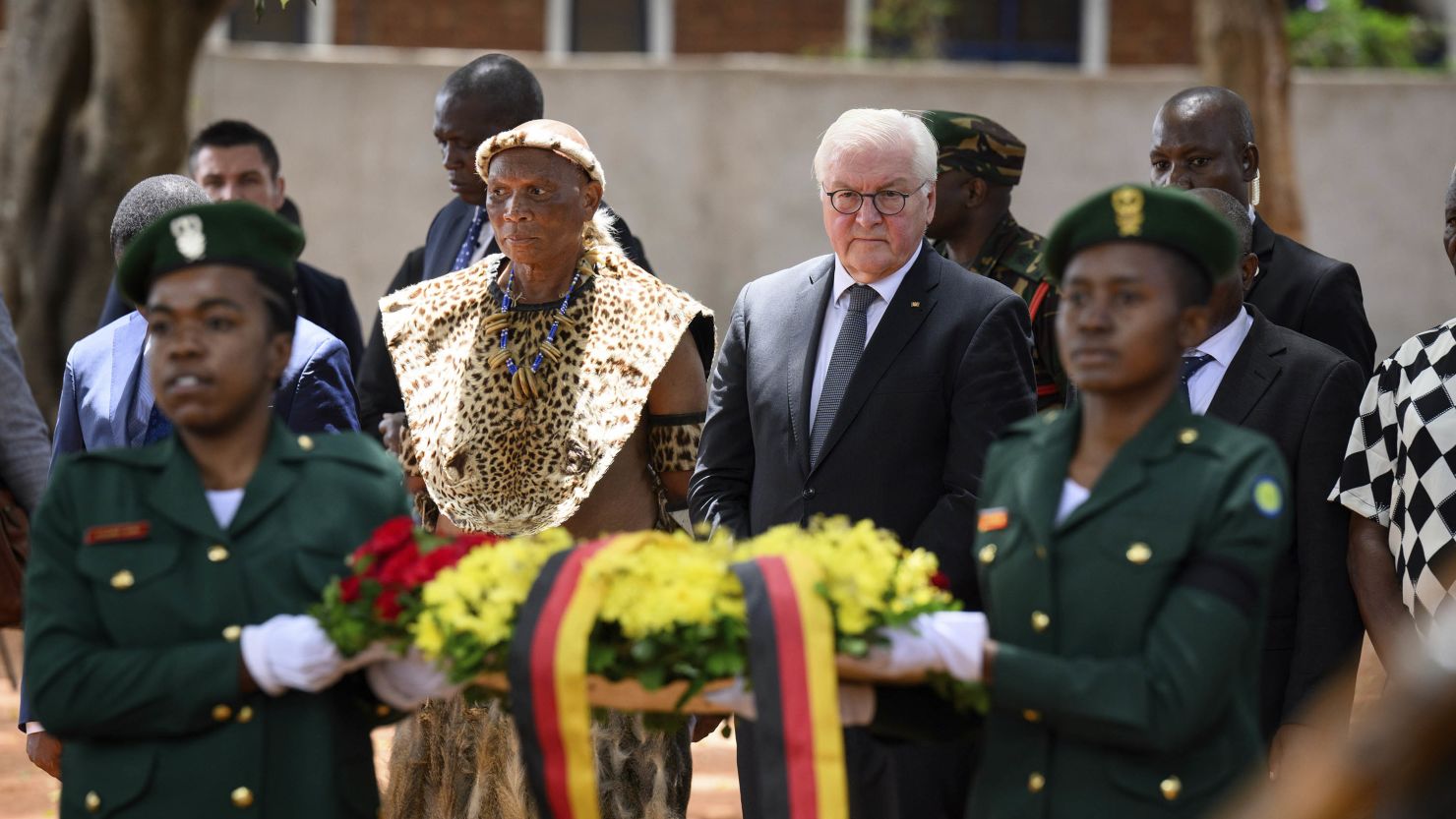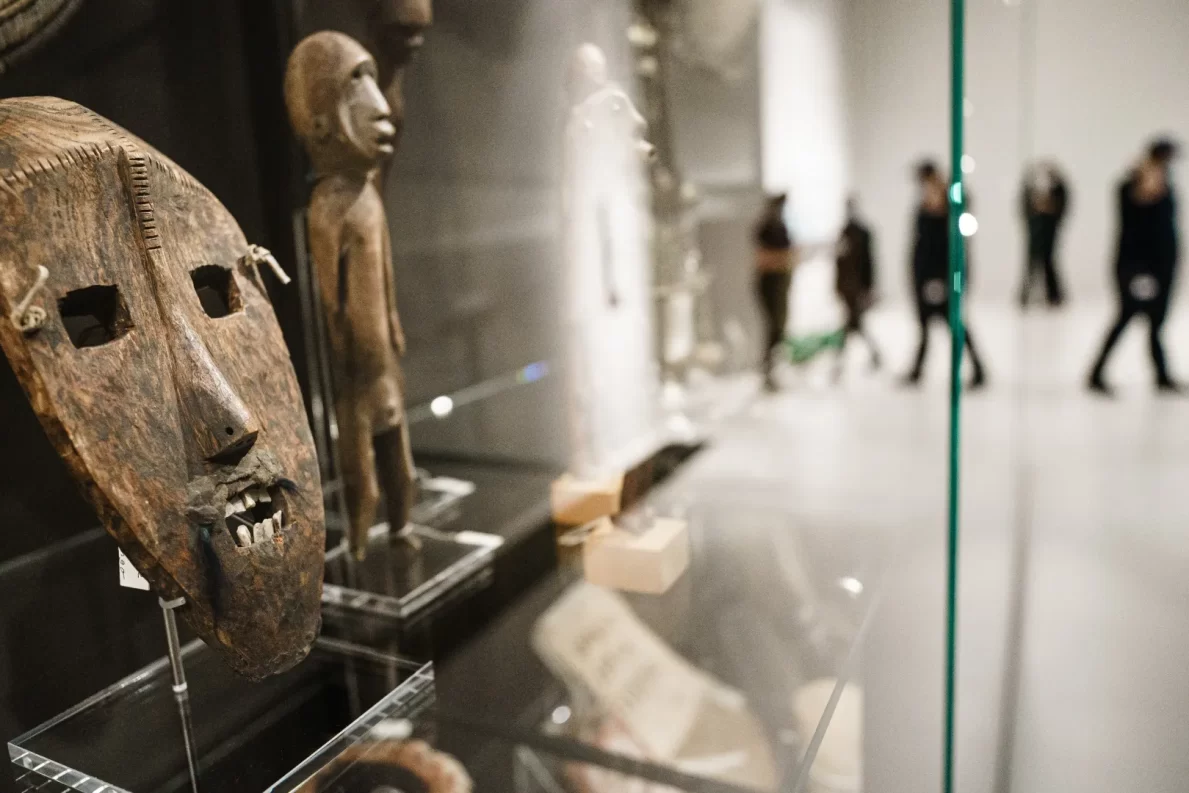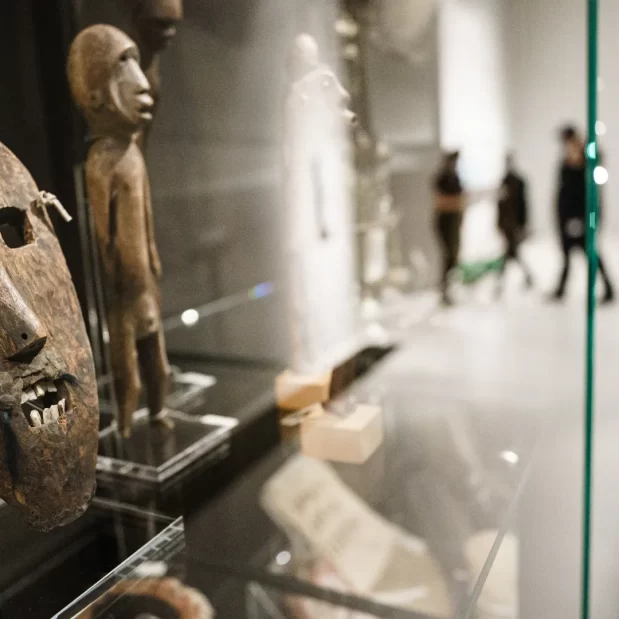There is no easy walk to freedom anywhere, and many of us will have to pass through the valley of the shadow of death again and again before we reach the mountaintop of our desires.”
Nelson Mandela

In a historic moment at the Maji Maji Museum in Songea, Tanzania, German President Frank-Walter Steinmeier acknowledged the atrocities committed by Germany during its colonial rule and apologized for the systematic killings of Indigenous people during the Maji Maji Rebellion from 1905 to 1907. While this apology marks a significant step towards addressing the wounds of the past, it also highlights the urgent need for Western nations to provide reparations for the centuries of looting, plundering, and mistreatment inflicted upon Africa.
For far too long, the narrative surrounding Africa’s relationship with its former colonial powers has been one of dependency and aid. However, as Akinwumi Adesina, President of the African Development Bank, powerfully stated, “Africa does not need handouts. What Africa needs is a fair and just system that allows it to compete in the global marketplace.” This sentiment rings true now more than ever, as Germany’s apology opens the door for a long-overdue conversation about reparations.
The Maji Maji Rebellion serves as a stark reminder of the brutality of Germany’s colonial past. During this uprising, an estimated 200,000 to 300,000 Indigenous people were murdered as German troops systematically wiped out villages and fields.

The scars of this dark chapter in history continue to be felt by the descendants of those who suffered under colonial rule, like John Mbano, a descendant of the executed Chief Songea Mbano.
President Steinmeier’s visit to the museum and his pledge to raise awareness of these atrocities in Germany is a positive first step. However, true healing and reconciliation can only be achieved through concrete actions that address the lasting impacts of colonialism on African societies. Reparations, not handouts, are the key to unlocking a more equitable future for Africa and its people.

Reparations must go beyond symbolic gestures and apologies. They should encompass a comprehensive approach that addresses the systemic inequalities and challenges faced by African nations as a direct result of colonial exploitation. This includes investing in infrastructure, education, healthcare, and economic development initiatives that empower African communities and enable them to compete on a level playing field in the global marketplace.
Furthermore, reparations should involve the repatriation of cultural artifacts and human remains that were plundered during the colonial era. President Steinmeier’s commitment to returning the skull of Chief Songea Mbano and others whose remains were taken to Berlin is a crucial step in this direction. By restoring these tangible pieces of history to their rightful places, Germany can demonstrate its genuine desire to make amends for the past.
Germany’s apology should also serve as a clarion call for other Western nations to confront their own colonial legacies and engage in meaningful dialogue with African countries about reparations. France, Belgium, Portugal, and the United Kingdom, among others, must acknowledge their roles in the exploitation of Africa and take responsibility for the lasting harm caused by their actions.

As Steinmeier noted, the history of Germany’s colonial rule in Tanzania is a “shared history” that cannot be ignored. By engaging in a “communal processing” of this painful past, Germany has the opportunity to set a powerful precedent for other Western nations to follow. It is time for the West to listen to the voices of African people, to honor their resilience and strength, and to take concrete steps towards building a new chapter in the relationship between Africa and the West – one based on mutual respect, understanding, and a genuine commitment to justice.
The path forward will not be easy, but it is necessary. Through open dialogue, meaningful action, and a steadfast dedication to reparations, we can begin to heal the wounds of the past and create a more equitable future for all. Germany’s apology is a vital first step, but it must be followed by sustained, comprehensive efforts to address the legacy of colonial oppression and empower African nations to thrive on their own terms.

In the words of Nelson Mandela, “There is no easy walk to freedom anywhere, and many of us will have to pass through the valley of the shadow of death again and again before we reach the mountaintop of our desires.” As we embark on this journey towards reparations and justice, let us draw strength from the resilience and determination of the African people, and let us work together to build a world in which Africa’s voice is heard, its dignity is respected, and its future is bright.










